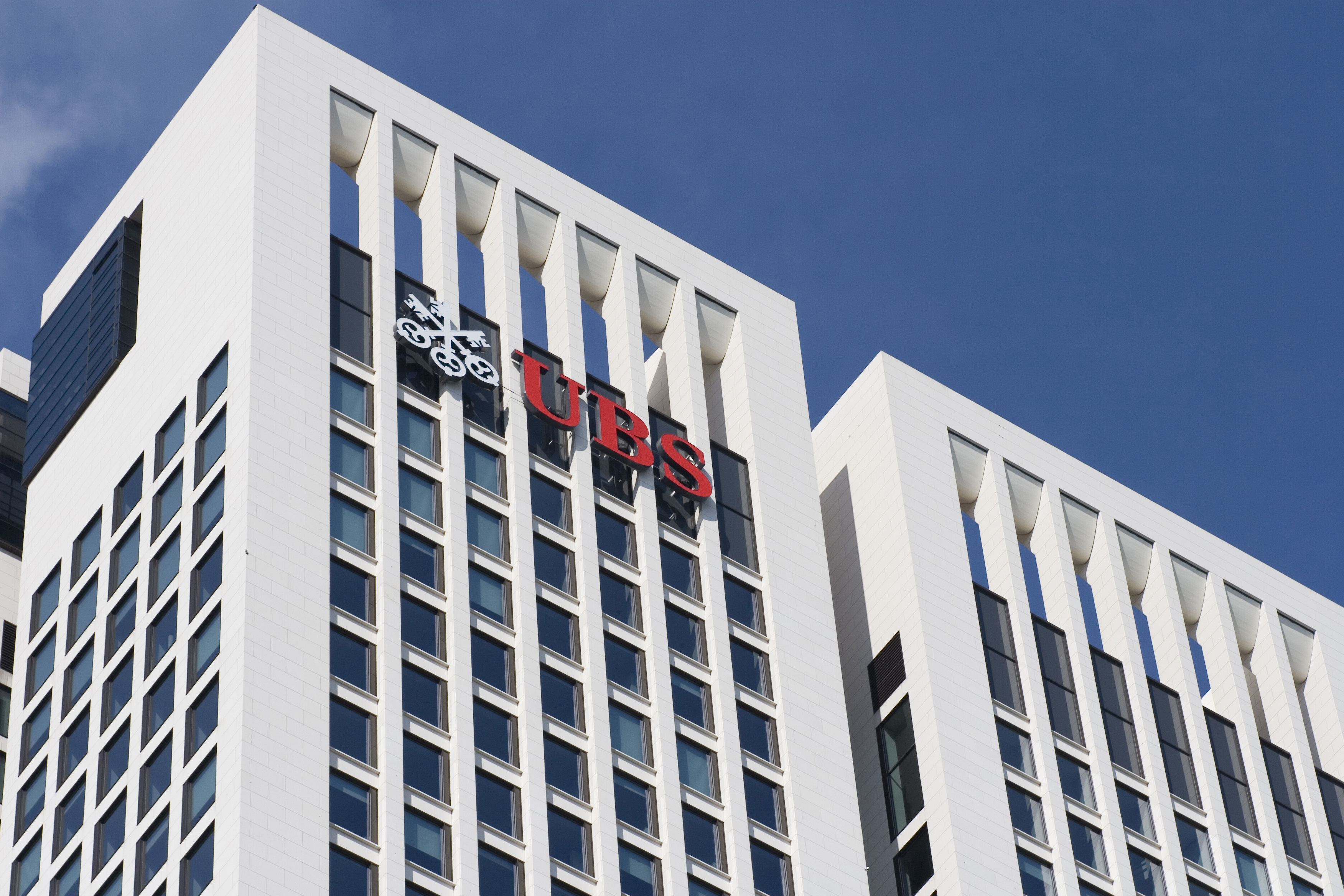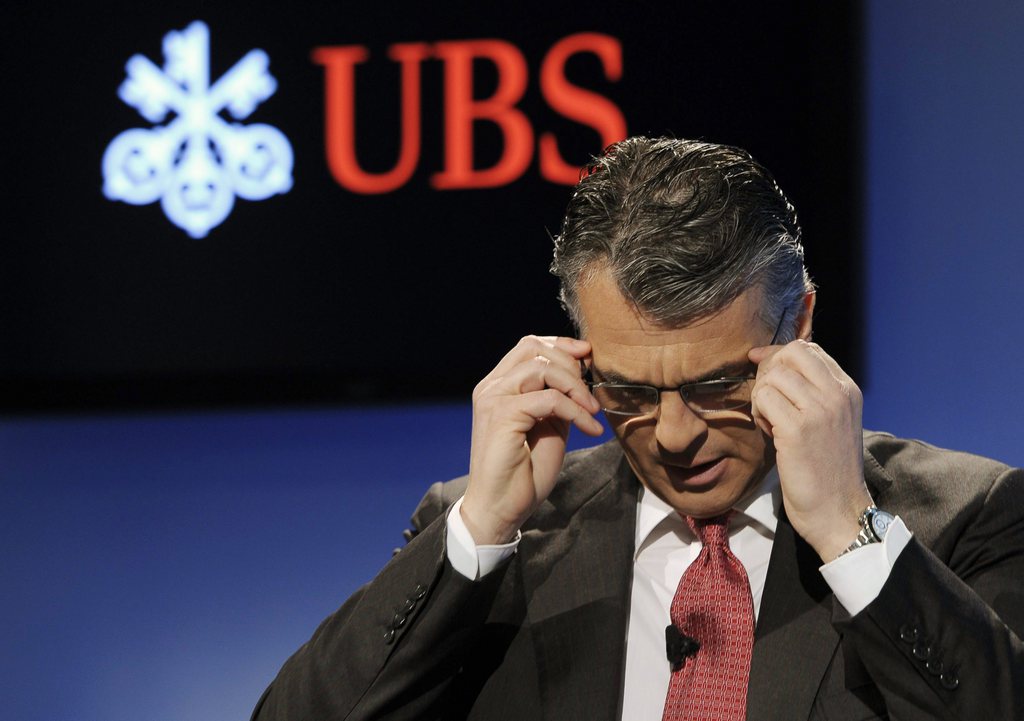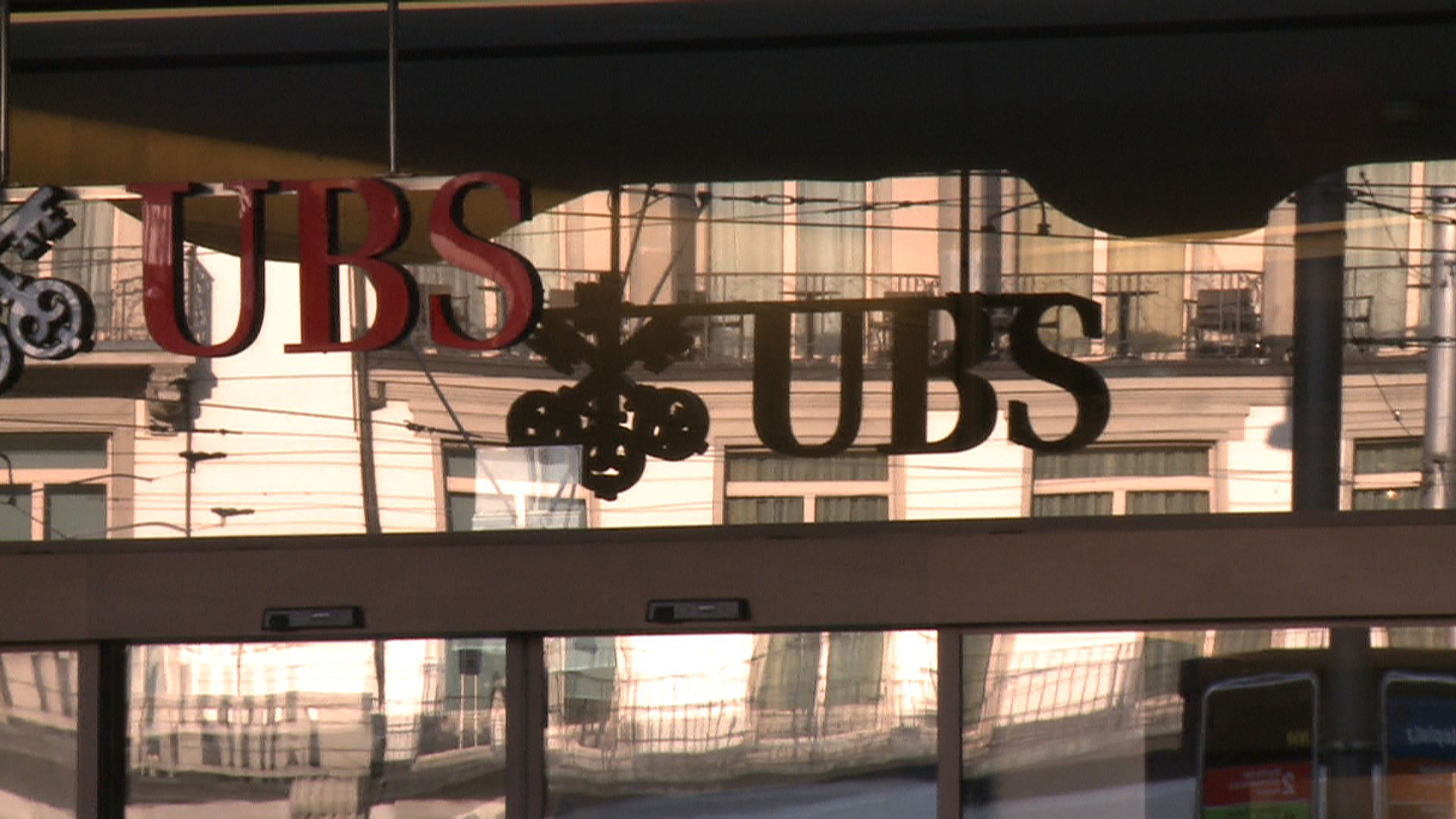Tax evasion scandal not over for Swiss banks

The revelation of a tax evasion probe in Germany and the guilty plea of a former banker in the United States this week shows that Swiss banks are not yet off the hook from ongoing global investigations.
The timing of the German probe into UBS could not come at a worse time, with the country’s parliament due to decide on a contentious tax treaty with Switzerland in two weeks. At the same time, a former UBS banker has implicated ex-colleagues during his testimony to a US court.
UBS has confirmed media reports on Thursday that prosecutors from the German city of Mannheim opened an investigation earlier this year and conducted searches of its offices in Frankfurt.
It is not yet clear whether any alleged offences took place after Switzerland and Germany agreed in principle last year to a treaty that promises to clear up cross-border tax evasion.
In any case, critics of the “Rubik” treaty – including influential German political parties – have derided the withholding solution as being too soft on tax dodgers. Politicians will vote on whether to accept the deal later this month.
Allegations flood in
On Tuesday, UBS received further bad news when a former advisor to wealthy clients admitted to his part in aiding tax dodgers. He had been held in the US under house arrest since January 2011.
The banker, who had also worked for Credit Suisse, implicated five more “egregious” UBS colleagues during his confession to a US court. He was released having been deemed to have served his sentence while under arrest.
Other fresh allegations of Swiss bank complicity in tax evasion scandals continues to come in thick and fast.
Suspicions do not fall on UBS alone. The French and German authorities conducted a series of raids on the offices of Credit Suisse in the summer while a Greek investigative reporter recently published a list of suspect accounts housed at HSBC’s Geneva private bank.
The US has several Swiss banks under the microscope, not least Wegelin, which collapsed in January under the weight of evidence from an investigation that has yet to reach a conclusion.
End is nigh
The ferocity and endurance of the global campaign against tax evasion prompted UBS chief executive Sergio Ermotti to pronounce banking secrecy dead last month.
“I have said for a long time that banking secrecy, as we knew it ten years ago, is over,” he told the Tages-Anzeiger newspaper, adding that a “new strategy” was needed.
His comments would have infuriated rightwing politicians who refuse to let Switzerland’s cherished banking secrecy depart without a struggle.
Last month, an attempt to force a nationwide vote on scrapping the Rubik tax deals narrowly failed to pass muster. But pressure groups continue in their efforts to force Switzerland to fight outside pressure on its financial system.
In 2008, UBS was forced to seek a bailout from the Swiss government when it was hard hit by the financial crisis and its fixed-income unit had more than $50 billion in losses.
A former UBS trader has been facing trial in London this month on charges of committing fraud that cost the bank $2.3 billion. He has told the jury that the losses came after senior traders persuaded him to change from a bearish to a bullish point of view in July 2011.
US authorities fined UBS $780 million in 2009 for helping US citizens avoid paying taxes. The US government has since been pushing Switzerland to loosen its rules on banking secrecy.
In April, CEO Sergio Ermotti said Switzerland’s tax disputes with the United States and some European nations were “an economic war” putting 20,000 jobs at risk.
UBS is also one of several global banks being investigated in the US and other countries for alleged rigging of a benchmark interest rate known as Libor.
The investment banking unit, meanwhile, is struggling to meet new global rules for banks’ capital reserves. The new rules require banks to increase the amount of capital they hold to offset risky assets on their balance sheets. That hurts profitability – in the third quarter, UBS booked a charge of SFr863 million to account for these new rules.

In compliance with the JTI standards
More: SWI swissinfo.ch certified by the Journalism Trust Initiative






You can find an overview of ongoing debates with our journalists here. Please join us!
If you want to start a conversation about a topic raised in this article or want to report factual errors, email us at english@swissinfo.ch.